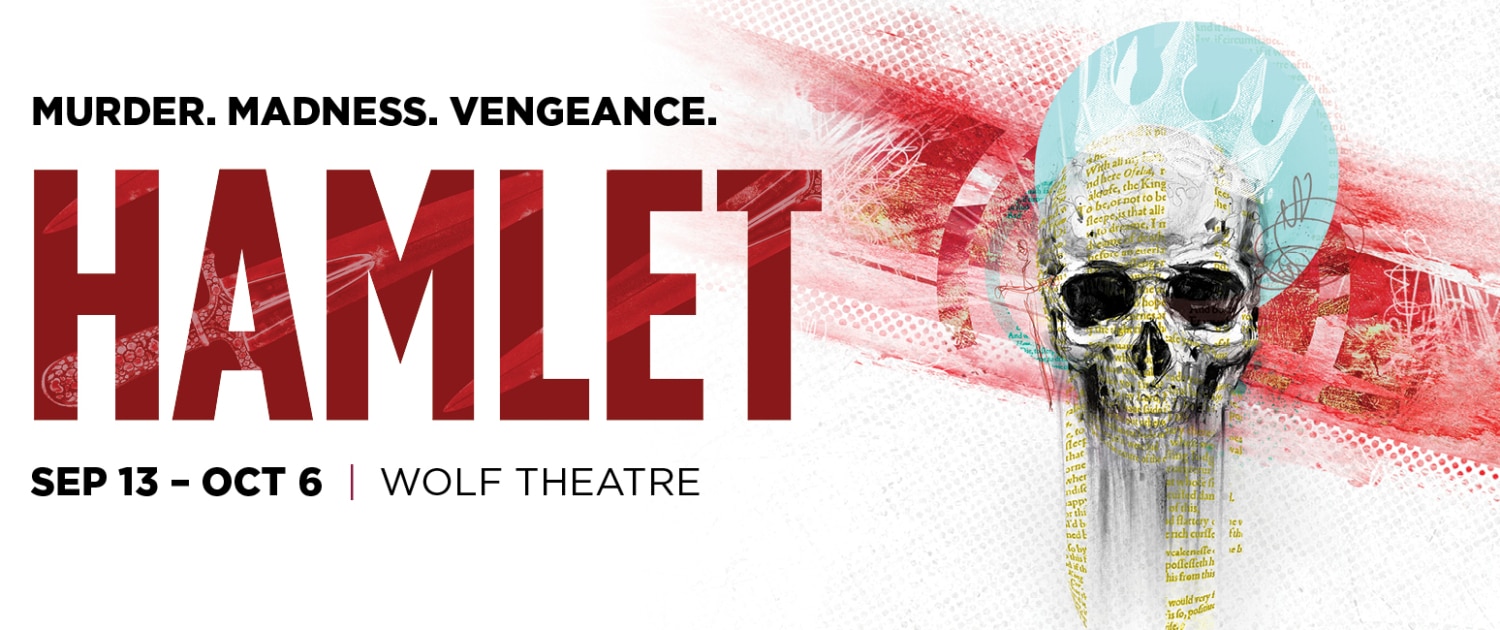DCPA NEWS CENTER
Enjoy the best stories and perspectives from the theatre world today.
Enjoy the best stories and perspectives from the theatre world today.

The name William Shakespeare is nearly synonymous with that of his greatest play, Hamlet. But did you ever stop to consider that the essence of the story wasn’t really his? Instead, according to the Folger Shakespeare Library, ol’ Will, along with many predecessors, borrowed it from ancient Norse legend. The tale of a son avenging the murder of his father by killing his uncle predates Hamlet by as many as 2,600 years or more, tracing back to tales of Amleth.
Like sitting around a campfire, the story took on epic proportions as it was recounted in Historiae Danicae of Saxo Grammaticus in the 12th century, Histories Tragiques by François de Belleforest in the 16th century, an English stage translation by Thomas Kyd in the 1580s, and, finally, William Shakespeare’s Hamlet around 1599.
It is now widely considered to be the greatest play of all time.
In fact, Russian director Vsevolod Meyerhold (1874-1940) was quoted in The Memoirs of Dmitri Shostakovich as stating: “if all the plays every written suddenly disappeared and only Hamlet miraculously survived, all the theaters in the world would be saved. They could all put on Hamlet and be successful.”
With themes ranging from revenge to corruption, action to inaction, power to politics, sexuality to family, and madness to mortality, the Bard’s greatest work touches upon some of humanity’s timeless considerations.
While there are unending questions — historical, topical, literary, etc. — here are just a few to stimulate your own conversations.
DETAILS
Hamlet
Sep 13-Oct 6, 2024 • Wolf Theatre
Tickets
